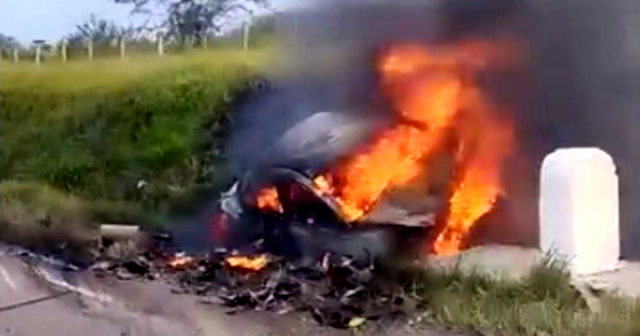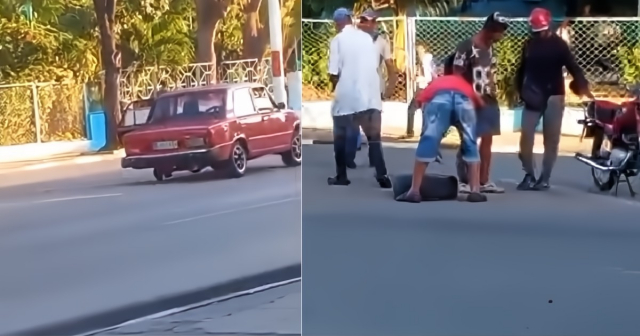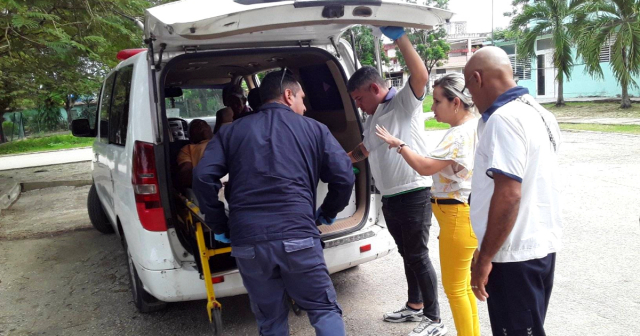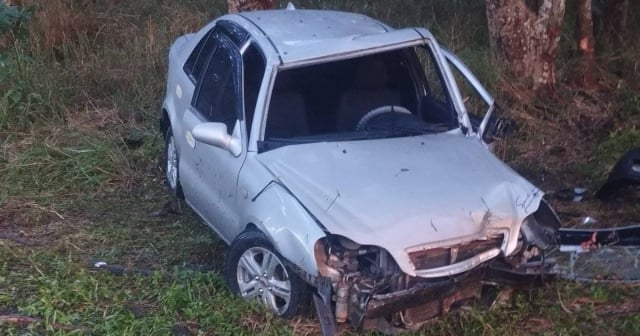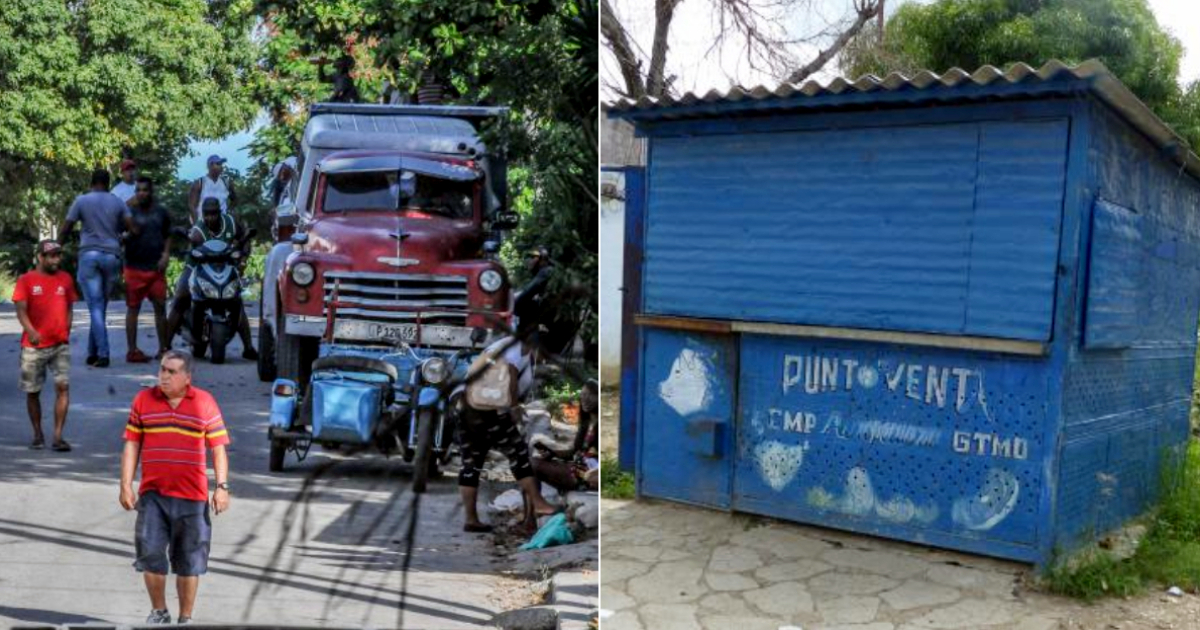
Related videos:
The Cuban regime has intensified its control over the informal economy, focusing on kiosks and sales points located on highways, main roads, and thoroughfares.
In a recent meeting of the Council of Ministers, led by Manuel Marrero Cruz, a program of actions was approved to eliminate irregularities identified in these establishments, which, according to the authorities, include illegal construction, tax evasion, violations of urban regulations, and the lack of formal contracts.
This type of measure is part of a series of increasingly frequent operations against activities deemed "illegal" by the authorities.
In mid-February, the Communist Party of Cuba (PCC) initiated a campaign against the crimes and illegal activities that are rampant in the country. "The leadership of the Revolution has reiterated the call to unite and act with an iron fist, with determination, without soft measures or leniency, and in accordance with the law, as has always been done against these criminal manifestations," stated the official newspaper Granma.
With just a few days left before the new prices for fuel and passenger transport took effect in Cuba (February 1), traffic inspectors were mobilized in a campaign against "illegal activities," which sparked outrage among drivers and passengers.
In 2023, the government intensified police operations on the National Highway, imposing fines of up to five thousand pesos on food and beverage vendors. More recently, in April 2024, the accumulated fines against self-employed workers reached 390 thousand pesos, a figure that reflects the increasing pressure on informal workers.
The campaign against these small businesses is not an isolated incident. In March, the regime also undertook similar actions against private transporters, accusing them of excessive charges and tax evasion, resulting in fines of up to 8,000 pesos for drivers in Havana.
Similarly, sellers at agricultural fairs have faced fines of up to 15,000 pesos for alleged irregularities in their operations.
The Council of Ministers justified these measures by citing the need to ensure compliance with urban regulations and to maintain territorial planning.
However, this approach has been heavily criticized for its negative impact on the informal economy, a sector that has flourished due to the government's inability to meet the basic needs of the population.
Street vendors and private transporters play a crucial role in compensating for the lack of public services in a context of prolonged economic crisis.
Although Marrero Cruz affirmed that the government has "nothing against" these points of sale, the actions taken by the Institute of Territorial and Urban Planning (INOTU) are perceived as an attempt to maintain tight control over economic activity, which often results in permanent closures or cases of corruption among inspectors.
While authorities insist on regulating these activities, punitive policies continue to be perceived as a blow to the most vulnerable sectors, exacerbating the precariousness of an already crisis-ridden economic system.
Filed under:

